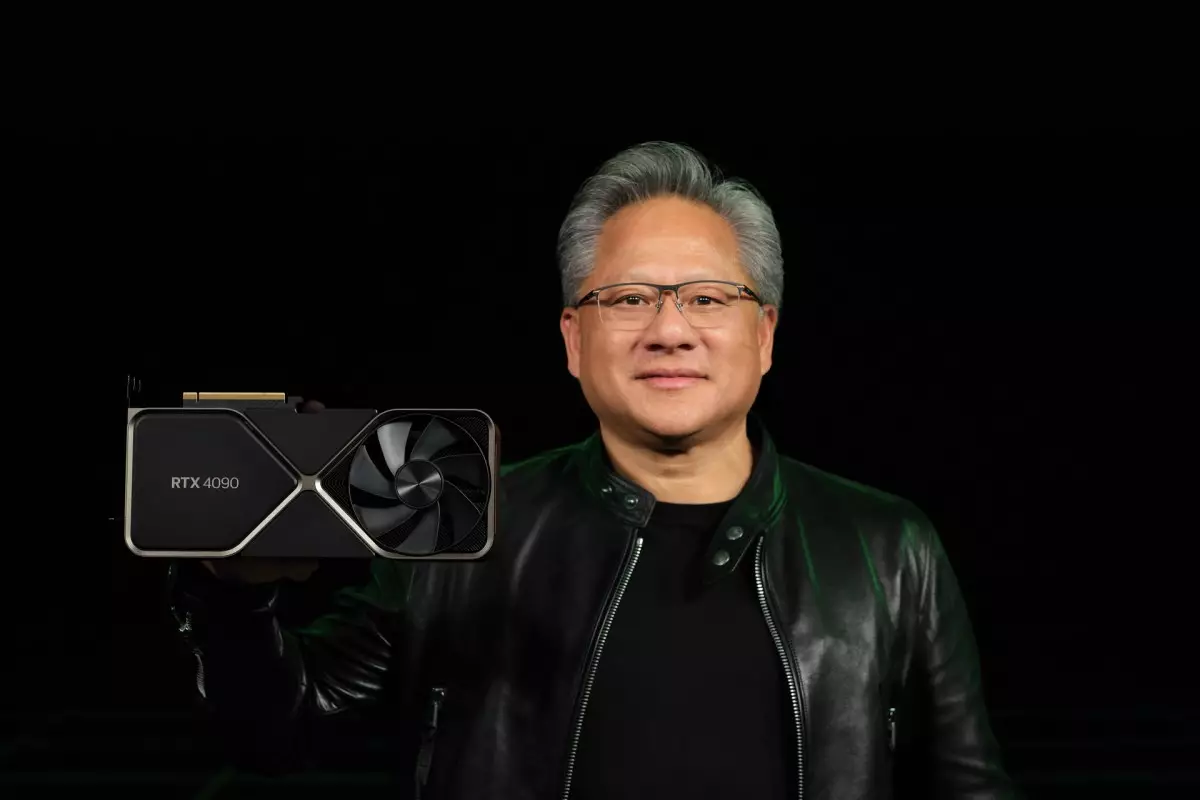The landscape of technology mergers and acquisitions is evolving, with regulatory bodies increasingly scrutinizing even the most promising deals. This ongoing trend has put chip giant Nvidia’s proposal to acquire the AI startup Run:ai on the European Union’s radar. Originally announced in April with a significant valuation of $700 million, this merger is now facing potential roadblocks due to concerns raised by competition regulators in Italy. The implications of this case could resonate far beyond Nvidia and Run:ai, serving as a critical reflection of the EU’s newfound vigilance against anti-competitive practices, especially within the burgeoning field of artificial intelligence.
Regulatory Framework and National Concerns
Despite the initial assessment that Nvidia’s acquisition of Run:ai may not meet the requisites of the EU Merger Regulation (EUMR), the Italian authorities have chosen to take proactive steps. They submitted a referral request under Article 22(1) of the EUMR, allowing them to alert the European Commission about a merger that poses a potential threat to local market competition. This move exemplifies how national concerns can ripple through larger frameworks, prompting the EU to reassess the implications of transactions that might not seem significant at first glance. By agreeing to review the merger, the EU has indicated that it acknowledges potential competitive risks not only in Italy but across the entire European Economic Area.
The Commission has mandated that Nvidia submit formal documentation related to the acquisition, striking a cautious tone regarding the deal’s local and regional implications. Should the Commission’s preliminary review reveal substantial concerns, a full-scale investigation could ensue, potentially prolonging the timeline for the deal’s completion by months. For Nvidia, such a delay could hinder its strategic goals, particularly in the booming AI sector where timely access to competitive technologies is crucial.
The larger question arises: what happens to the market dynamics when substantial technology firms consolidate their resources? As companies like Nvidia acquire smaller innovative players like Run:ai, the market risks becoming concentrated under a handful of large entities. This could limit competition and stifle innovation, ultimately harming consumers and smaller firms alike. The EU appears to recognize these risks, driven in part by the considerable growth and potential monopolistic tendencies associated with AI technologies.
For years, tech giants enjoyed relatively unencumbered access to acquisitions, often snatching up smaller startups without significant oversight. This paradigm has shifted dramatically. As more regulatory bodies, particularly in the EU, begin to address the ramifications of unchecked consolidation, it marks a pivotal moment in how mergers and acquisitions will be approached. The increasing interconnectivity and reliance on key technologies in AI underscore the necessity for careful regulatory review in avoiding anti-competitive scenarios reminiscent of past market failures.
While no decisive actions have yet been taken against Nvidia, the case sets a precedent for future deals involving technology firms. The EU’s involvement may serve as a warning sign to others in the industry that diligent scrutiny from regulatory bodies is now a reality. The age of minimal oversight appears to have come to a close, and companies may need to adapt by implementing more considerate merger strategies moving forward.
Nvidia has publicly responded to the EU’s proceedings, with representative John Rizzo stating that the company remains willing to cooperate with regulatory inquiries regarding Run:ai. This openness may aim to mitigate any potential backlash by displaying a commitment to compliance and transparency. However, the question persists: how will such regulatory pressures shape Nvidia’s long-term strategy and its approach to future acquisitions?
As AI continues to permeate various sectors and industries, the significance of regulation becomes apparent. How these forces balance innovation with fair competition could determine the future landscape of technology in Europe and beyond. The outcome of this review will not only affect Nvidia and Run:ai but could also set critical precedents that affect the strategies of tech companies worldwide.

